- Home
- Food Addiction
- Food Addiction Vs Binge Eating
Food Addiction Vs Binge Eating
Food Addiction vs Binge Eating – What’s the Difference?
Let’s talk about food addiction vs binge eating disorder. The first thing to know is that although food addiction and binge eating may appear to be the same, they are very different. Food addiction is characterized by intense cravings for food… usually sugar and highly processed foods. The person who is addicted is triggered and compelled to get that food at all costs. However, binge eating is about frequent episodes of eating uncontrollably in large quantities usually in one sitting.
A person who is binge eating feels very much out of control and will often eat when they’re not hungry or even when they’re already quite full. They may eat an enormous amount of food in a short period of time. And, they may eat it very quickly. Some will eat to the point of being way more than just uncomfortably full. Some people can’t even function at all after an episode. This behavior is usually acted out in secret, away from friends, family, or anyone.
There are similarities between food addiction vs binge eating. One such similarity is the shame and guilt that come from doing something against one’s better judgement. Both the food addicted person and the one who binges share feeling depressed, sad, confused, and even scared. And both feel out of control.
Weight Management
For both food addiction and binge eating, it’s nearly impossible to manage reaching a healthy weight and sustaining it. Let’s face it, it’s hard to reach any weight loss goals if you’re relapsing and digging into a pint of ice cream or a chocolate bar everyday. And forget about permanent weight loss if every week you have 3 helpings of lasagna, a loaf of garlic bread to yourself and a 1-pound bag of Smarties in one sitting!
No one is certain about what causes binge eating disorder, but many sufferers are known to have a long history of dieting or severe calorie restriction. Experts suspect that these can be triggering and create an urge to binge eat. It can be even worse if the person is in a state of depression… even mild depression. It is also believed that genes and biological factors contribute to the risk of developing food binge addiction.
Risk Factors of Food Addiction Vs Binge Eating
If you have a food addiction, family history is a risk factor. If there’s any kind of addiction in your family, you could develop food addiction. That’s because your brain is already wired to be extra sensitive to addictive substances.
People who overcome one addiction, are known to substitute that addiction for another. It’s common for someone to stop drinking alcohol or using drugs or gambling, to then transfer that addiction to something else such as food or shopping.
Do genetics also play a part in this? Consider this. If someone in your family has experienced binge eating, there is an increased risk that you will too. So yes, genetics may play a part. Being stressed or having a very poor body self image also makes you want to binge. And repressed emotions and deep trauma may also play a role.
It’s Not Your Fault
I think it’s so sad that many of us live with so much guilt and shame day in and day out. And so much of it is self-imposed. We tend to think that our struggle is because we’re somehow deeply flawed and there’s something inherently very wrong with us. But the truth is this. We don’t choose to become addicted, and we don’t choose having a binge eating disorder. Some of us are just wired that way. We have sensitive, beautiful brains. And that also comes with gifts. We’re usually more empathetic people, and we’re easily fascinated and curious about the world around us. We’re hyper-tuned in to our environment – we can “read a room” just by walking in! Or should I say, our “Spidey senses are tingling”. We pick up energy very intensely and sometimes that can become overwhelming.
We know from experience that people judge us harshly. That’s especially true if we’re very overweight. We need to start being kinder to ourselves. Just like you can’t help the color of your eyes, you can’t help that you were born with certain tendencies. However, just because it’s not your fault doesn’t mean you just roll over and do nothing. You do have the ability to make choices even the extremely difficult ones.
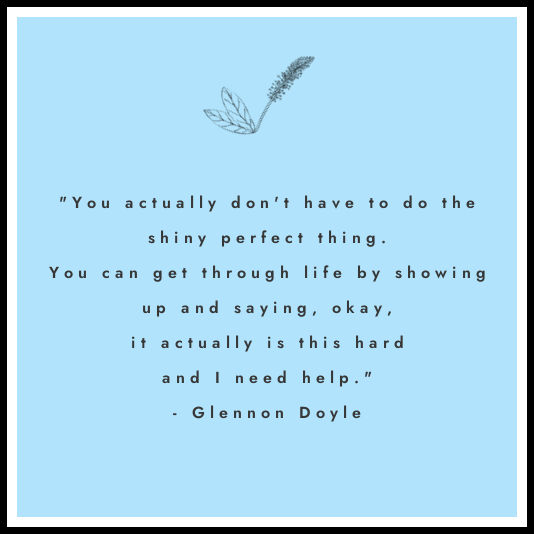
What Is the Solution?
The solution to binge eating is not the same as the solution for food addiction. As we discussed earlier, bingeing episodes are more than just having some extra cake and cookies now and then. It’s more about feeling out of control and eating an unusually large amount of food. In the aftermath, you feel disgusted with yourself, embarrassed, guilty, agitated, and distressed because you ate so much. “Why do I keep doing that?!” you ask in desperation.
What drives binge eating is usually unprocessed emotions and deep traumas. Diets and food restriction are how we try to deal with things ourselves but that always backfires. Yes. That makes things worse.
Because binge eating is a severe, life-threatening eating disorder, it needs to be addressed with psychotherapy. What’s needed to get to the root of this is psychological healing, not a weight loss diet. The weight loss diet must wait until the binge eating treatment is complete.
Of course food addiction and binge eating are different. So the solution for someone addicted is different as well. You can learn more here.
Who Is Affected by Binge Eating Disorder?
There is no race, age or gender that is not affected by binge eating. For many decades we just assumed it was mostly women who were affected. But, according to the Binge Eating Disorder Association, about 40% of people who have binge eating disorder are men!
How Do I Know If I Have Food Addiction vs Binge Eating Disorder?
The best thing to do to find out for sure if you have food addiction or if you have binge eating disorder is to work with a qualified professional to complete a SUGAR® assessment. I am professionally trained and fully qualified to help you determine which camp you’re in. Or, if you prefer, talk with your family doctor who can refer you to another eating disorder professional. If you’re struggling with food or sugar addiction, that is my specialty, and I can help you. If you have some other eating disorder, I will counsel you to reach out to an eating disorder professional.
Either way, it’s important to get professional help for proper guidance and support. Believe me when I say that it takes a lot more than willpower to deal with this. It requires a deep desire to get well and a commitment to lifestyle changes. It means becoming more accepting of yourself and embracing the nurturing power of self-care.
And you need a way of eating that can support your overall physical and mental health. And that means eliminating sugar and processed foods. Whether you’re thinking about food addiction vs binge eating, when you eat real, whole foods you are healing at the mitochondrial level. That’s wonderful for your metabolic health! And your metabolic health is everything!
When it comes to food addiction and binge eating, it’s absolutely possible to get better. And, with the right help it can be a whole lot easier than going it alone. If you would like to explore this further, it would be my pleasure to determine how I can help you and be part of your healing journey. Learn more here.
Return to the Food Addiction Page.
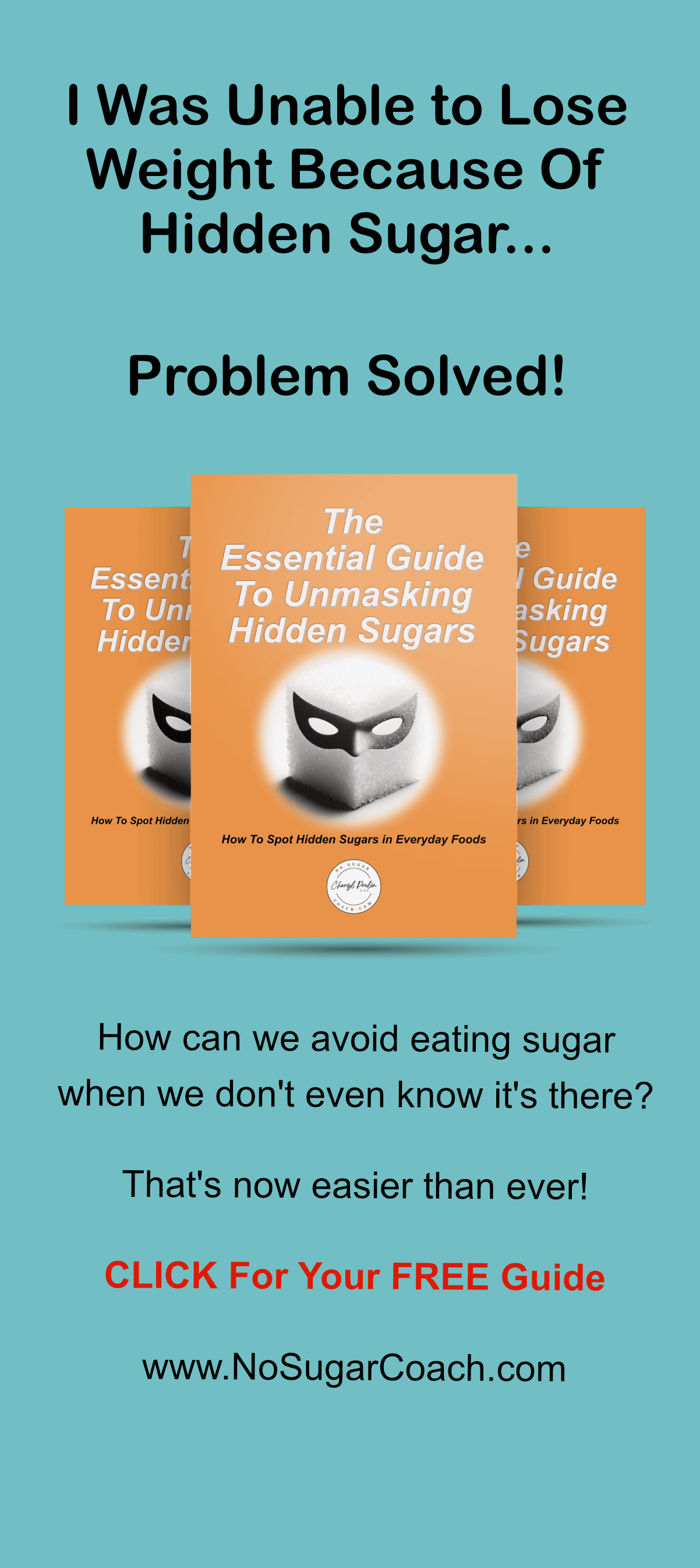
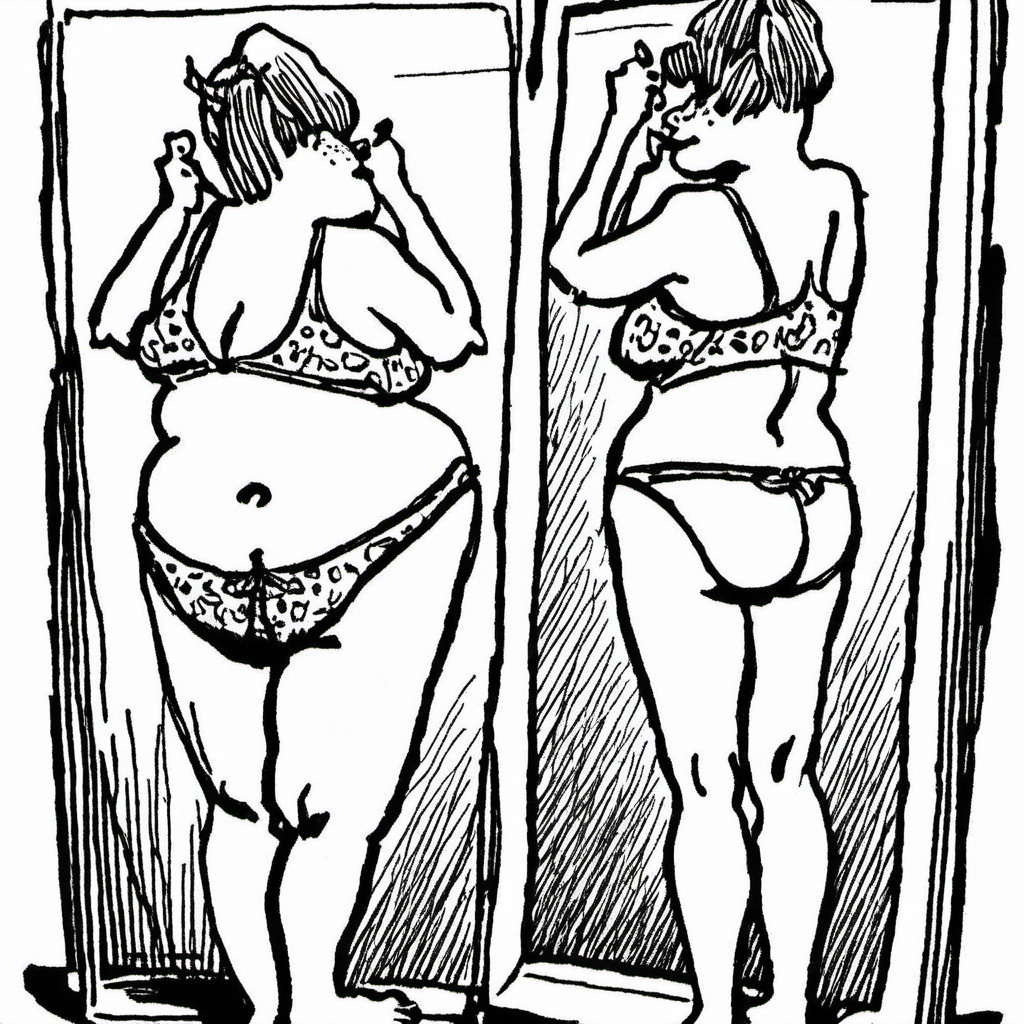
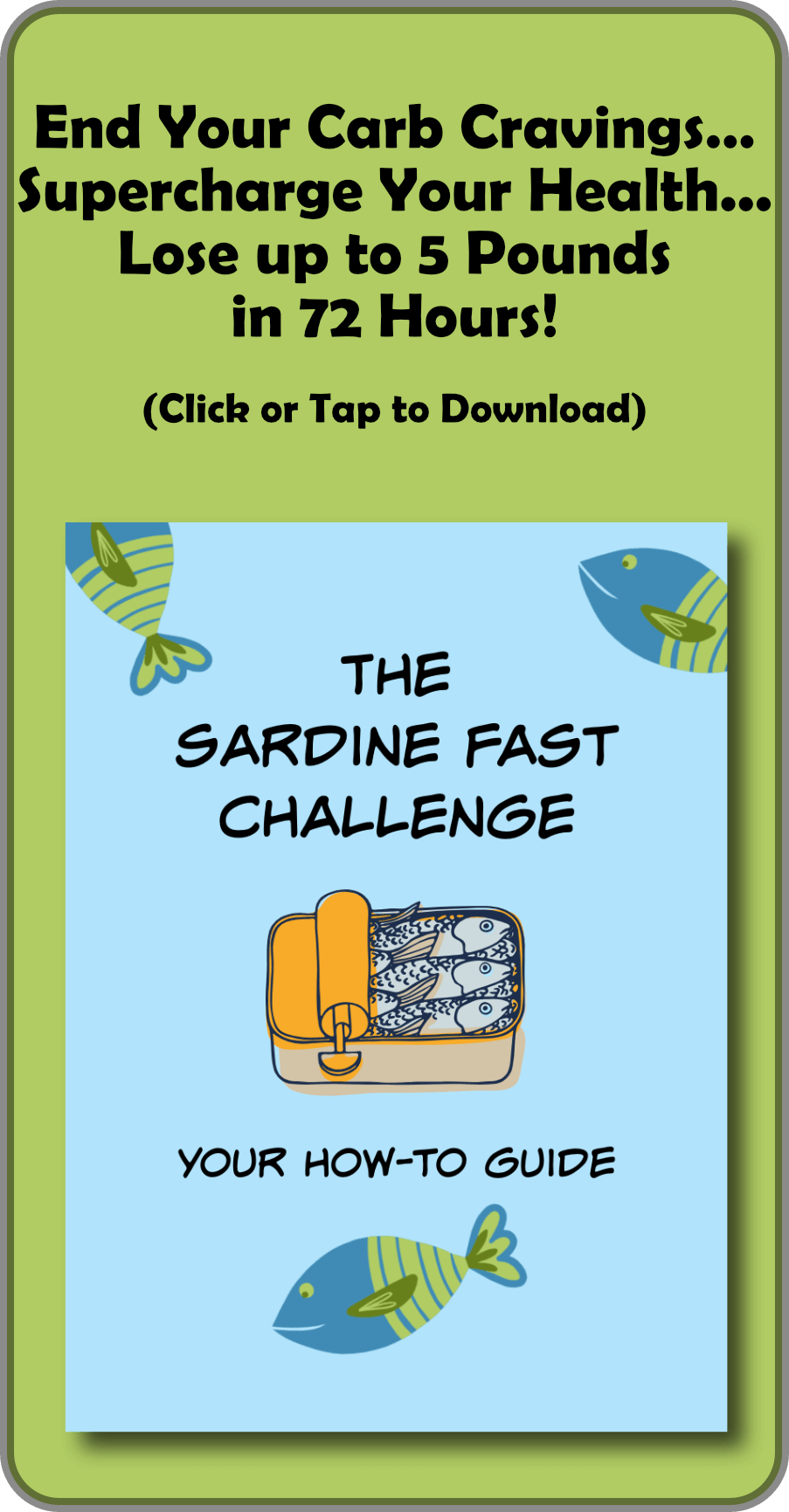
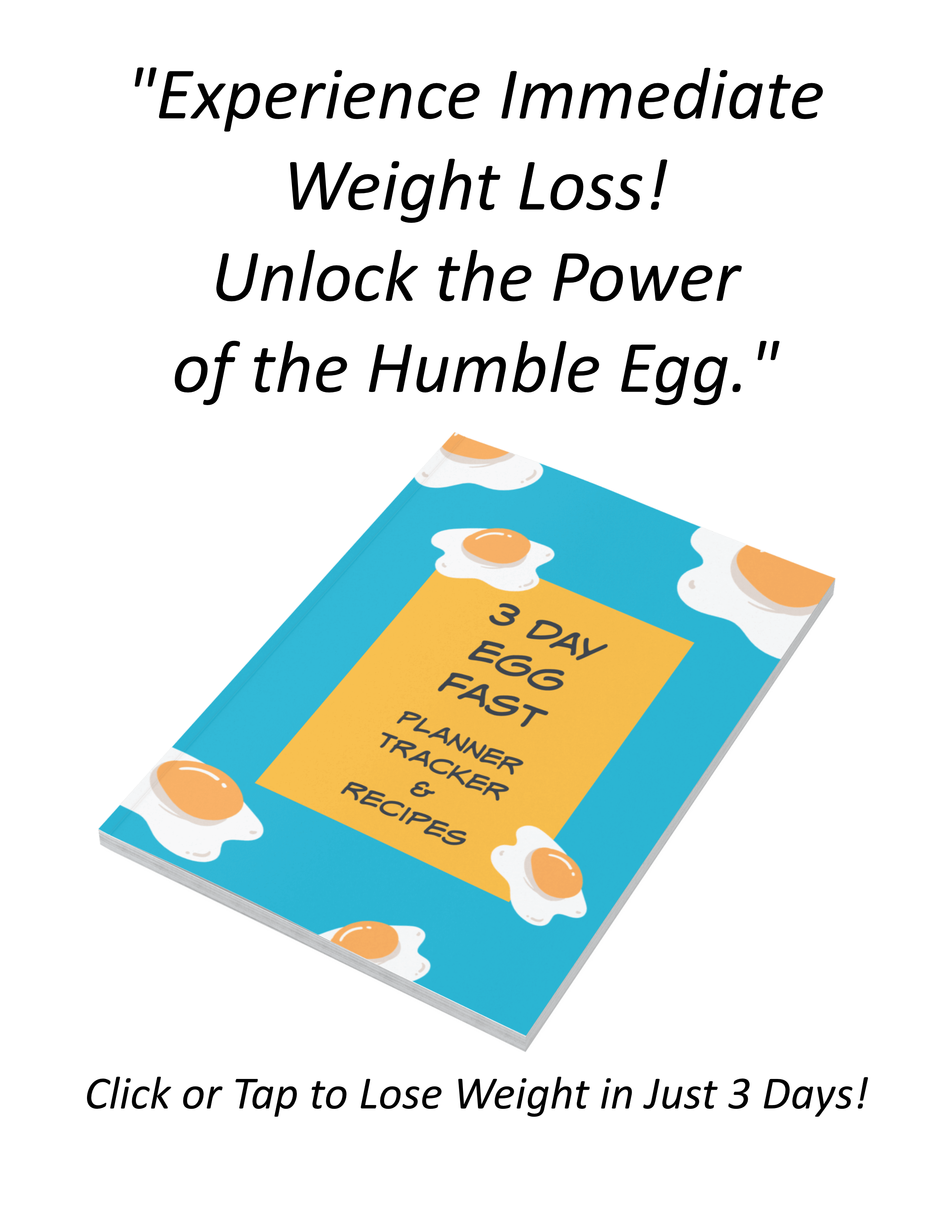

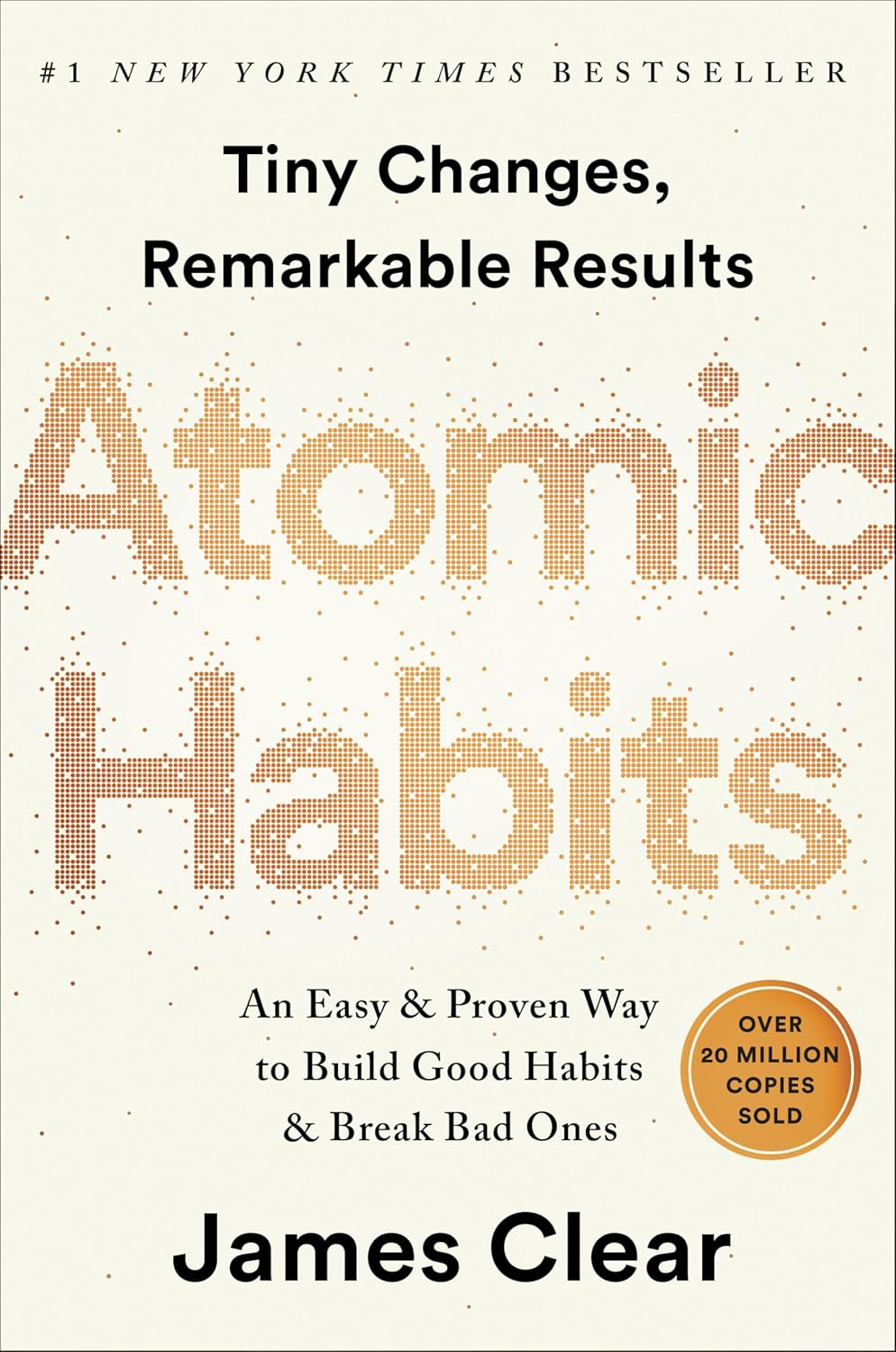
New! Comments
What do you think about what you have read on this page? I'd love to know! Leave me a comment in the box below.